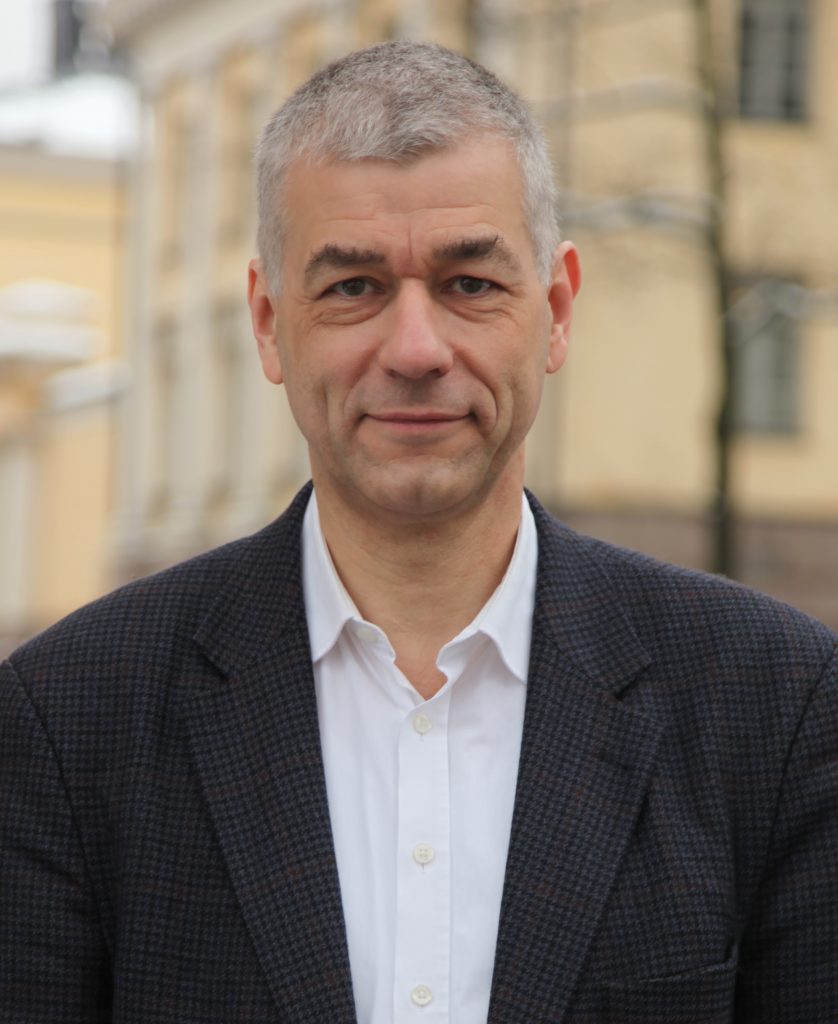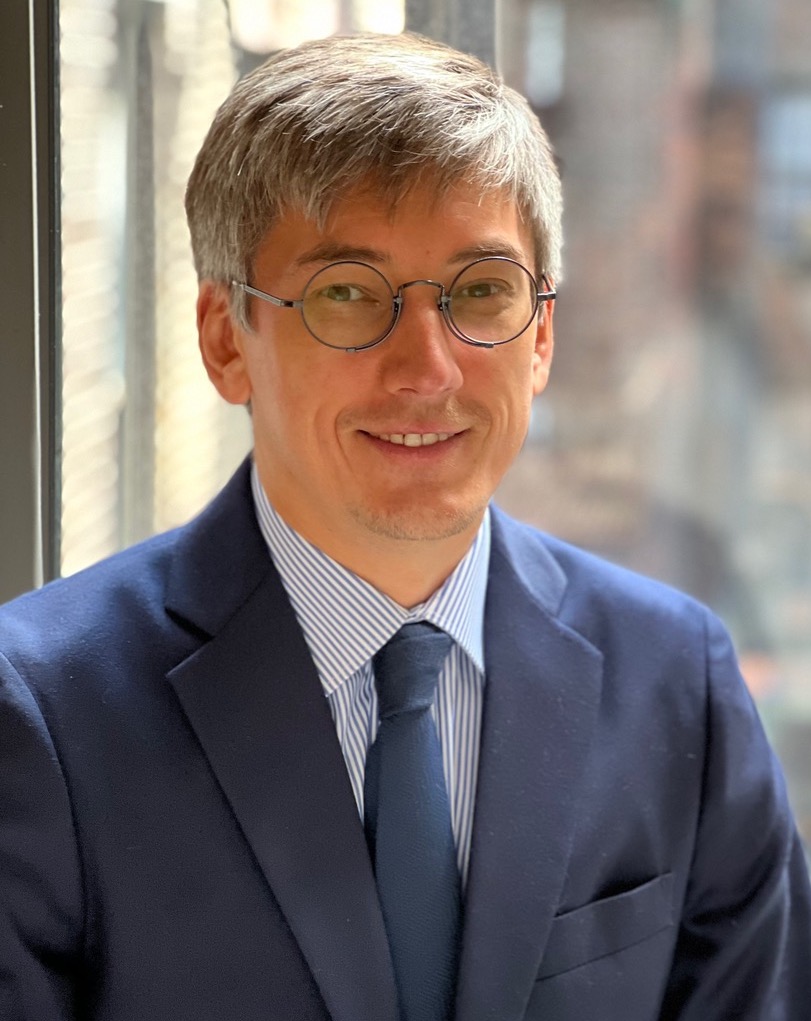The Russian Orthodox Church Beyond Russia: Global Pretensions and Security Concerns
This series scrutinizes the Russian Orthodox Church (ROC) in three overlapping contexts: ROC pretensions to the leadership of the Orthodox world, the ROC as a global conservative force, and the ROC as a supporter and tool of Russian geopolitical ambitions.
Russia’s full-scale aggression against Ukraine has significantly affected all three contexts. And it has deepened and intensified conflicts between the ROC and the Ecumenical Patriarchate and its allies as well as the split in global Orthodoxy generally.


